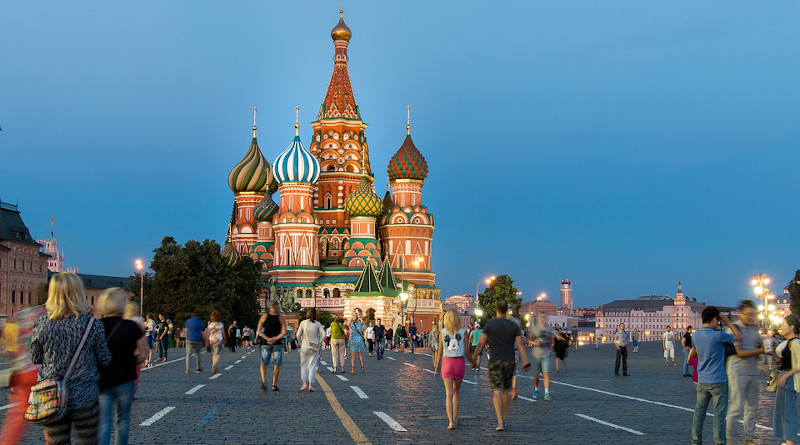
Russian commentators have occasionally suggested that Russia faces “a second generation” problem with its immigrant communities like the one that has affected societies in Europe and elsewhere (windowoneurasia2.blogspot.com/2013/10/window-on-eurasia-moscow-experiencing.html,;windowoneurasia2.blogspot.com/2016/06/russia-now-faces-growing-second.html;and;windowoneurasia2.blogspot.com/2021/09/russia-now-confronted-by-second.html).
The first generation of immigrants may not speak well the language of the place to which they have moved, but almost all of its members are committed to getting along with those around them and improving their lives through work. Some in this generation become radicals but far fewer than those in the generation of their children.
The latter typically know the language and mores of the majority population in the places to which their parents moved and they themselves live, but they feel they are not getting ahead or respected as much as they should be even for efforts to adapt. And as a result, they are far more likely to become radicalized.
Now, the Center of Islamic Studies of Tatarstan’s Academy of Sciences has completed a four-year study of immigrants to that Middle Volga Republic, a group that now numbers some 400,000 people. The center’s direction, Rinat Pateyev, says its research confirms the existence of a second generation problem there (milliard.tatar/news/v-nekotoryx-regionax-rossii-tataram-uze-vmenyayut-cto-oni-usli-iz-mecetei-otdav-ix-na-otkup-cuzim-5600).
While younger Tatars are not attending mosques in anything like the percentage of their parents, he says, the study finds that the younger generation of immigrants are far more likely to do so. As a result, in some Kazan mosques, this group forms more than three-quarters of those taking part in services.
Pateyev notes that this is not about ethnicity, however, but about the experience of moving from rural areas from which most of the Central Asians in Tatarstan come into urban ones and that what is happening now occurred among Tatars moving from rural places either in the republic or beyond its borders earlier.
For these younger arrivals, the mosque becomes a center of social life and helps them to maintain a sense of identity and solidarity. Some but far from all who come from this generation and who attend mosque become more isolated from the broader society than are their parents, are radicalized and turn to crime.
According to the Kazan political scientist, this pattern is typical of all groups moving from rural areas to urban ones and will continue as long as people move into large cities. And consequently, blaming what is a social phenomenon on ethnicity or religion alone, as many Russian officials do, is a fundamental mistake.
